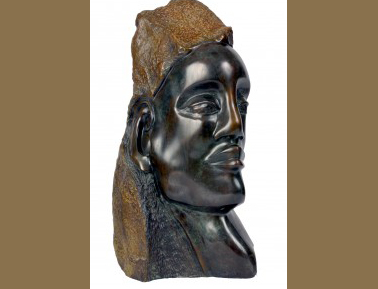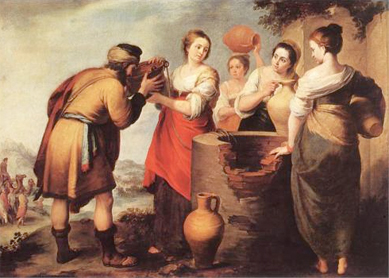Contemporary feminist scholars argue convincingly that the meaning of the Hebrew noun pilegesh, which is usually translated as “concubine,” is actually much more complicated than this rather inadequate English translation suggests. Dictionaries of Biblical Hebrew indicate uncertainty about the noun’s origins. Usually, the noun is correlated with the Greek pallakh and the Latin pellex, both translated as “concubine.” This term comes from the Latin feminine noun concubina derived from concumbere, which means “to lie with, to lie together, to cohabit.” Some researchers mention the Middle Assyrian Law 41A as a proof that in the ancient Near East concubines were not married to the man with whom they slept but that a ceremony existed to make her his wife. The English word “concubine” is an anachronistic word for the biblical pilegesh because the English word is attested for the first time only in the thirteenth century C.E. English Bible translations, beginning with the King James Version, have habitually used concubine to translate pilegesh for a Hebrew term of unclear meaning. In the process they have introduced into the text assumptions that devalue women (androcentrism) and make the Near East seem exotic (a process called orientalism). However, the highly respected Hebrew-English lexicon, edited by Francis Brown, S. R. Driver, Charles A Briggs, observes that the Greek noun “probably” means “young girl.” The Hebrew noun pilegesh can then refer to a sexual relationship between an adult man and a young girl who is perhaps not even sexually mature.
Various biblical references to pilegesh allow for this meaning. For instance, in
Besides the factor of age, another important element in the translation of pilegesh must be recognized. Several biblical texts suggest that a pilegesh grows up to become an enslaved woman with no other function but to sexually please her master and produce his children. An obvious example is the story about David’s ten pilageshim (
The most explicit reference to a pilegesh as a slave appears in the story of Bilhah. In
In sum, the translation of pilegesh as “concubine” hides a complicated translation history that has been flavored by orientalist and androcentric assumptions. For sure, the classification of pilegesh as a prostitute is linguistically, historically, and culturally inadequate. In addition, the classification of the male pilageshim in
Bibliography
- Smith, Mitzi J. “Reading the Story of the Levite’s Concubine through the Lens of Modern-Day Sex Trafficking.” Ashland Theological Journal 41 (2009): 15–33.
- ” target=”_blank” rel=”noreferrer noopener”>Schroeder, Joy A. Dinah’s Lament: The Biblical Legacy of Sexual Violence in Christian Interpretation. Minneapolis: Fortress, 2007.
- ” target=”_blank” rel=”noreferrer noopener”>Schereschewsky, Ben-Zion (Benno). “Concubine.” Pages 862–66 in vol. 5 of Encyclopedia Judaica. Edited by Cecil Roth and Geoffrey Wigoder. Jerusalem, Israel: Keter Publishing House, 1972.
- ” target=”_blank” rel=”noreferrer noopener”>Scholz, Susanne. Sacred Witness: Rape in the Hebrew Bible. Minneapolis: Fortress Press, 2010.




